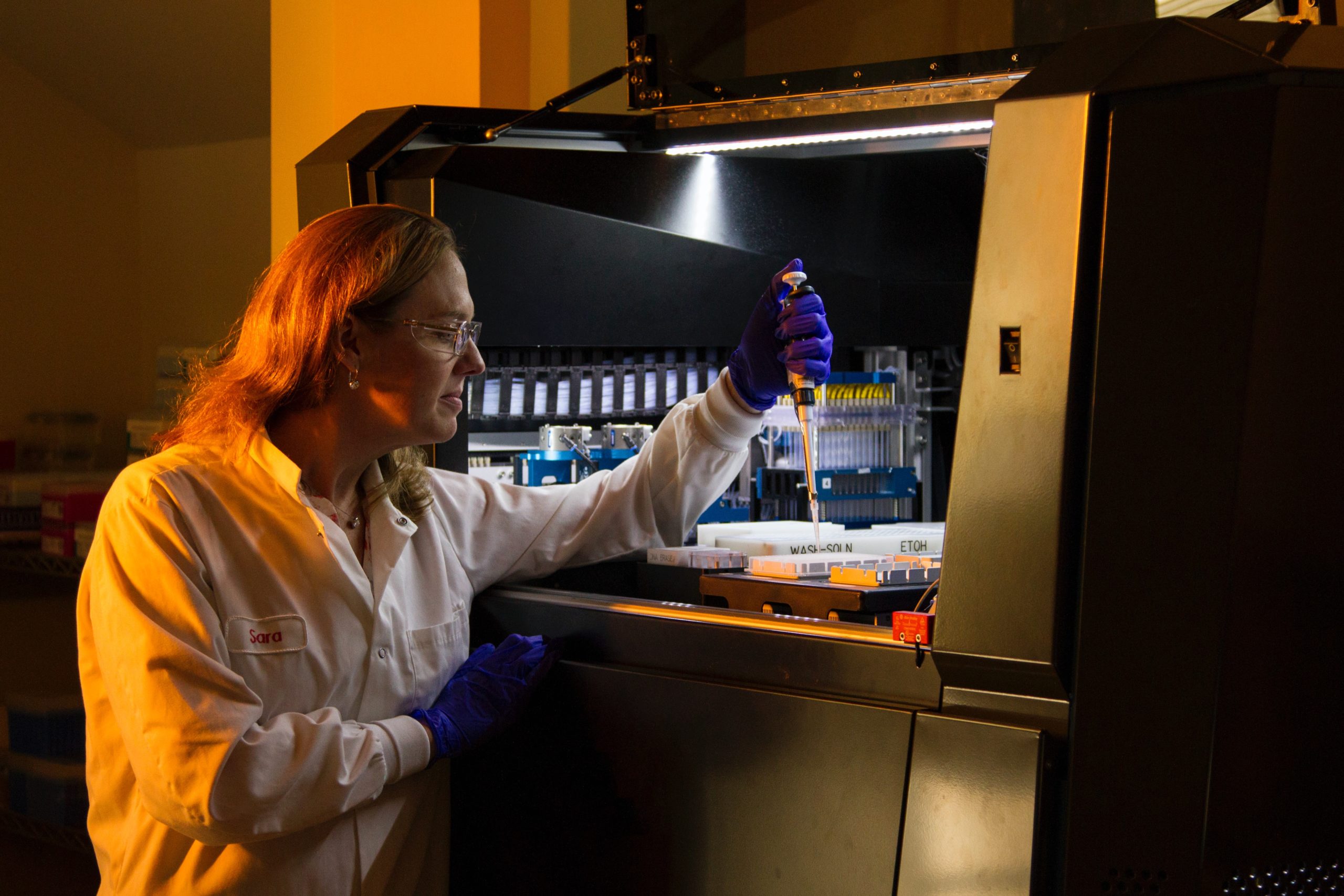3 Genetic Diseases You Can Test For in a Lab
As a diagnostic lab, there are many areas you can focus on for offering trusted services to your clientele. Genetic testing is just one possible avenue for lab testing. Genetic testing is a comprehensive way to scan for disease and other genetic illnesses. However, you can’t test for everything using genetics. If you are starting up a diagnostic lab, understanding what you can genetically test for is an excellent way to establish what lab testing procedures you will choose to provide to medical clinics nearby.
Psychē Medical Laboratory Systems can help you launch successful genetic lab testing today! We offer comprehensive and robust software to laboratories across the US, including systems that are perfect for genetic lab testing. We also provide a support team that can answer your questions and direct you to resources guaranteed to help you be successful. Here are three genetic diseases that you can test for in your diagnostic lab with the help of Psychē Medical Laboratory Systems.
What is Genetic Lab Testing?
It’s essential to understand genetic lab testing before we dive into what you can test for in your diagnostic lab. Furthermore, it’s helpful to know how genetic lab testing procedures work and how they can benefit the medical field.
Genetic testing uses an individual’s DNA to reveal malfunctions, mutations, and abnormalities in your genetic structure. Your DNA is like a code that dictates the operations of your body. Think of DNA as an instruction manual that tells your body how to operate appropriately. When you examine DNA structures and test for abnormalities, you notice miswritten instructions. When your DNA blueprint is off, it can reveal possible genes that cause illness or diseases, although these are not always significant or life-threatening.
Genetic testing can provide vital information about diseases of all types, but is not always helpful in preventing or even treating illness. Therefore, genetic testing has its limitations and is most useful in particular applications. Furthermore, congenital abnormalities will not always result in the development of a disease, but might indicate a predisposition towards certain illnesses.
However, genetic lab testing is instrumental in the medical field because it can showcase potential diseases before they occur. This can aid in early prevention measures and help prolong individuals’ lifespans.
Cystic Fibrosis (CF) Genetic Lab Testing
One disease commonly tested for using genetic lab testing is cystic fibrosis, and it is easy to detect using diagnostic lab tests because it showcases apparent gene mutations. Cystic fibrosis can affect your lungs, sweat glands, and pancreas, and produce a thick mucus coating respiratory systems.
An individual might choose this test if they want to diagnose CF or are considering having a baby and are worried about passing on a possible CF mutation to their offspring. Usually, you can genetically test for CF using a small blood sample or inner cheek swab. Testing for CF is easy with the right laboratory software, since it’s a known genetically disposed disease.

Huntington’s Disease Testing
Huntington’s disease is another hereditary disease that can be tested for in a diagnostic lab. It is a neurological illness that can cause involuntary movement and emotional disturbances. Obvious signs include apparent cognitive decline over time. Over 75,000 people carry genes that might cause them to develop the disease. However, having these gene abnormalities doesn’t mean you will develop the disease. Unfortunately, there is no cure for the disease whose malfunction is located in the fourth chromosome of the human genome. Due to this abnormal sequencing, nearby brain cells begin “clumping,” causing nerve cells to die off. Usually, an individual’s memory, perception, motor control functions, and coordination are the first indicators of the disease.
New genetic studies shed new light on how the disease progresses and hope to find a cure someday. However, genetic lab testing for Huntington’s disease is still functional. Testing for the HD gene can help confirm Huntington’s disease early on, with blood samples determining the number of CAG repeats within the gene. Individuals who have the disease showcase repetition over forty. A positive test can’t cure the illness, but can help individuals plan for adapting to their future.
Parkinson’s Disease Genetic Lab Testing
Lastly, you can test for Parkinson’s disease using lab tests at your diagnostic laboratory. Mutations in the genetic sequence showcase the chances of developing Parkinson’s disease, but it does not mean you will develop it if you test positive. Genetic tests examine these genes related to the development of Parkinson’s: GBA, PARK7, SNCA, LRRK, and PINK1. Parkinson’s disease targets your central nervous system and can drastically affect your movement capabilities. Testing for the condition can reveal new insights and hopefully establish more research on preventing contracting the disease later in life.
Learn More with Psychē Medical Laboratory Software
Psychē Medical Laboratory Software is a leading medical software company for clinics, labs, and hospitals across the United States. We are dedicated to helping others and making the world a healthier place through reliable lab testing. Genetic lab testing is just one facet of what we can offer your diagnostic lab today. Whether you are starting or advancing your genetic lab testing capabilities, we are here to help. Give us a call today at 508-422-0157 or visit our website to learn even more about our services, products, and helpful blog insights.

